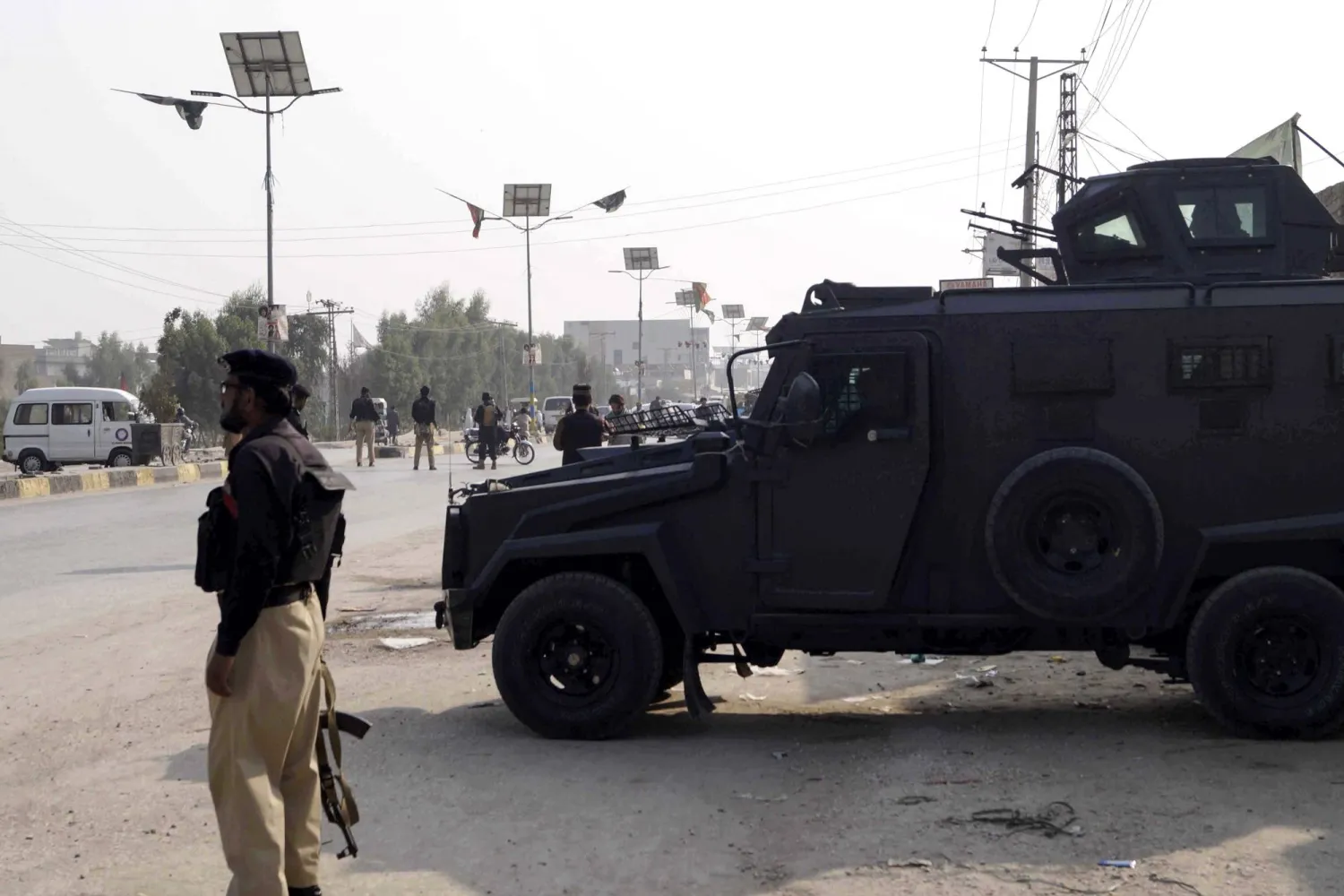At least 32 people were killed and 47 wounded in sectarian clashes in northwest Pakistan, an official told AFP on Saturday, two days after attacks on Shiite passenger convoys killed 43.
Sporadic fighting between Sunni and Shiite Muslims in the mountainous Khyber Pakhtunkhwa province bordering Afghanistan has killed around 150 over the past months.
"Fighting between Shiite and Sunni communities continues at multiple locations. According to the latest reports, 32 people have been killed which include 14 Sunnis and 18 Shiites," a senior administrative official told AFP on condition of anonymity on Saturday.
On Thursday, gunmen opened fire on two separate convoys of Shiite Muslims travelling with police escort in Kurram, killing 43 while 11 wounded are still in "critical condition", officials told AFP.
In retaliation Shiite Muslims on Friday evening attacked several Sunni locations in the Kurram district, once a semi-autonomous region, where sectarian violence has resulted in the deaths of hundreds over the years.
"Around 7 pm (1400 GMT), a group of enraged Shiite individuals attacked the Sunni-dominated Bagan Bazaar," a senior police officer stationed in Kurram told AFP.
"After firing, they set the entire market ablaze and entered nearby homes, pouring petrol and setting them on fire. Initial reports suggest over 300 shops and more than 100 houses have been burned," he said.
Local Sunnis "also fired back at the attackers", he added.
Javedullah Mehsud, a senior official in Kurram said there were "efforts to restore peace ... (through) the deployment of security forces" and with the help of "local elders".
After Thursday's attacks that killed 43, including seven women and three children, thousands of Shiite Muslims took to the streets in various cities of Pakistan on Friday.
Several hundred people demonstrated in Lahore, Pakistan's second city and Karachi, the country's commercial hub.
In Parachinar, the main town of Kurram district, thousands participated in a sit-in, while hundreds attended the funerals of the victims, mainly Shiite civilians.









